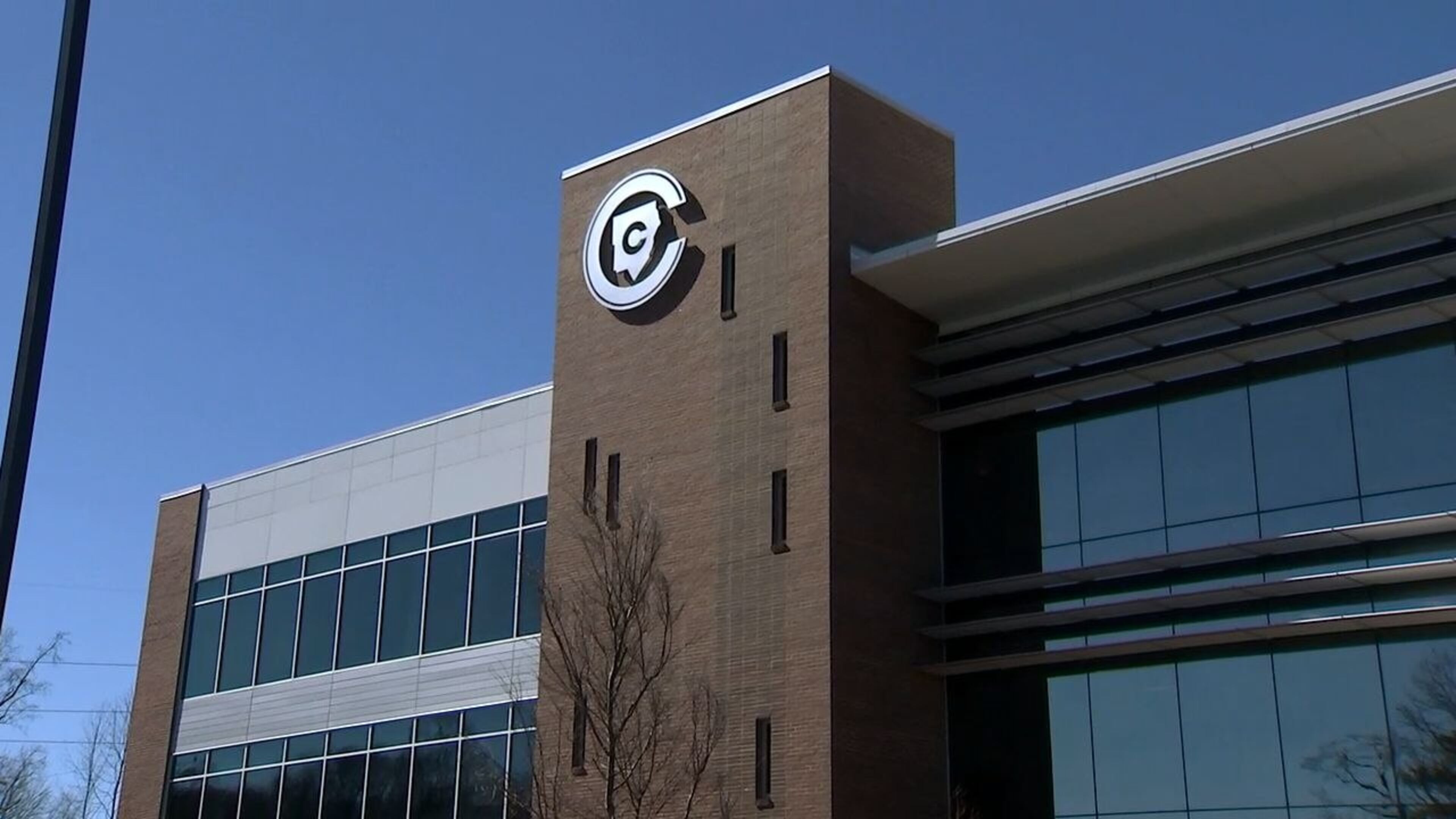Cobb schools investigation ends with no accreditation change

The Cobb County School District remains fully accredited after an special investigation by Cognia, the agency with the power to downgrade its status.
Cognia’s report, released Thursday, says the state’s second-largest school district will retain its full accreditation status but should work to fulfill numerous directives for improvement. A progress review should be held by December of next year, the agency said.
Cognia ordered the Cobb school board not to rush votes on policy changes and to participate in training on Robert’s Rules of Order, for clarity on the roles of the chairperson and other board members.
The agency also directed the board to adhere to its code of ethics, get an external expert’s assessment of its governance and use the findings to improve effectiveness and trust. Cognia also said the school board should collect and analyze data before making financial decisions.
In a news release, Board Chair Randy Scamihorn was critical of the Cognia review.
“We do not know why so much weight was given to allegations made in public comment, which are often not representative of the community as a whole,” Scamihorn said. “Their review of evidence requested from the district appears to be cursory and incomplete.
“While I am pleased this review is unlikely to have an immediately negative effect on the district’s students, it did serve as a significant distraction for the staff.”
The agency praised the Cobb school district’s high academic performance but gave several recommendations for closing gaps between groups of students.
The three Democrats on the seven-member board wrote a letter in January to Cognia, saying the four Republicans were silencing them and ignoring their attempts to put items on meeting agendas. The Democrats are Black and the Republicans are white.
Teachers and Cobb residents also complained this year to Cognia about student inequities and spending.
In response, Cognia in April opened a special review of the district, with a team from the accrediting agency conducting interviews and reviewing documents from Aug. 15-18.
Jaha Howard, one of the board members who complained to Cognia, said he was pleased the school district retained its accreditation.
“I’m also eager to see how we, as a leadership team, respond to the directives so that we can continue getting better for our children,” Howard said.
The review team listed insights it had gleaned, including that the board lacks a formal, consistent process for making budgeting decisions. The team cited district spending on its online learning system, ultraviolet lights and a hand sanitizing system that are not proven to combat COVID-19 and a law firm for redistricting.
The Cobb district needs to include measurable goals, initiatives and costs in its strategic plan, the team said.
“The division within the board and the lack of trust among the board members projects a negative light on the district and hinders the board’s ability to lead the district,” the review team said.
A year ago, the Republicans overrode the Democrats to approve a requirement that at least four board members support any item before it gets placed on a meeting agenda. In its report, Cognia singled out that change, saying it was concerning given the board’s 4-3 split.
“The new policy also grants the board chairperson a great deal of authority in determining the items that may be discussed and voted on by the board and lessens the ability of board members to represent their stakeholders,” the review team said.
Two years ago, the board voted along political and racial lines to end the practice of allowing members to comment at the end of meetings, a decision Cognia blamed for creating more conflict. At the time, the board chairperson said the policy was changed to rid meetings of national politics. Cognia contrasted that statement with a June resolution denouncing critical race theory that also passed along political party lines.
Cognia listed many social media posts and other communications from board members that it called inappropriate and possibly unethical, including a board member’s post criticizing the chairperson and a board member’s dissemination of false information about COVID-19.
Principals told the review team they were embarrassed by the board’s actions and Facebook page, according to the report.
The review team interviewed 179 people remotely, including Superintendent Chris Ragsdale, each board member, other school district leaders and community members. The team reviewed two years’ worth of school board meetings, the district website, local news articles and other evidence the district provided, according to the report.
The school district said staff spent more than 1,000 hours preparing evidence for Cognia at a cost of about $75,000.
“I am committed to keeping our focus on high-quality teaching and learning and meeting Cobb County’s high expectations for all students,” Ragsdale said in the news release.
Cognia recently closed a special review of the Gwinnett school district, also prompted by complaints against the school board, without any penalty to Gwinnett’s accreditation.
Timeline of Cognia review of the Cobb schools
January: Three Cobb school board members complain to Cognia that they are being prevented from putting topics on meeting agendas
February: Cognia notifies Cobb schools about complaints
March: Cobb schools responds to Cognia’s complaints
April: Cobb schools announces Cognia will conduct a special review of the system’s governing practices
August: Cognia conducted on-site review



